Maria Inácia Rezola Homenageada em Leiria
Jun 6, 2022 | Notícias
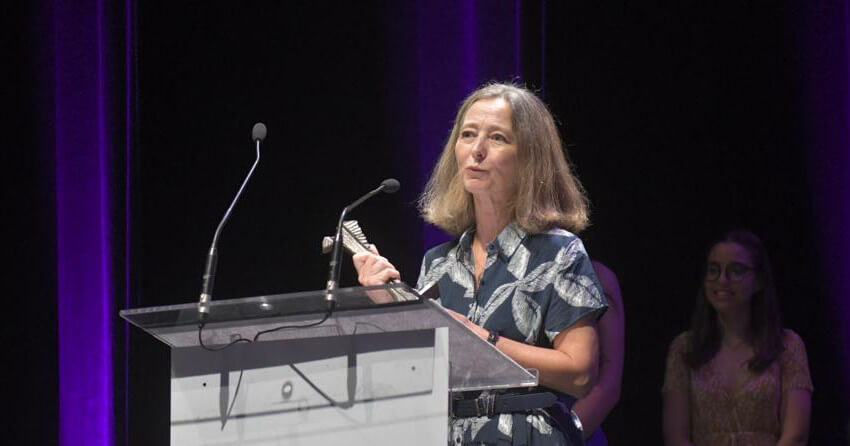
Maria Inácia Rezola recebeu o Troféu Afonso Lopes Vieira, na categoria Personalidade, na XXI gala do jornal Região de Leiria, que decorreu sob o tema “Solidariedade e Paz” no Teatro José Lúcio da Silva, em Leiria.
Recentemente nomeada Comissária Executiva da Estrutura de Missão para as Comemorações do 50º aniversário da revolução de 25 de Abril de 1974, Maria Inácia Rezola é investigadora no IHC e docente da Escola Superior de Comunicação Social do Instituto Politécnico de Lisboa. É também membro do Conselho de Opinião da RTP.
Da sua vasta produção bibliográfica, destacam-se a coordenação das obras “Dicionário de História de Portugal – o 25 de Abril” (com António Reis e Paula Santos, Figueirinhas, 2016, 8 vols.), “O Longo Curso – estudos em homenagem a José Medeiros Ferreira” (com Pedro Aires Oliveira, Tinta da China, 2011) e “Democracia, Ditadura, Memória e Justiça Política” (com Irene Pimentel, Tinta da China, 2014).
Foram também homenageados o atleta Auriol Dogmo (Desporto); a cantora Sandra Pires (Leirienses no Mundo); Yuliya Hryoryeva, líder da comunidade ucraniana em Leiria (Responsabilidade Social); e o professor Pedro Biscaia (Carreira).
Foto: Maria Inácia Rezola na XXI gala do jornal Região de Leiria, discursando após receber o Troféu Afonso Lopes Vieira (crédito: Região de Leiria).
Outras notícias
-
 Foi uma das personalidades homenageadas pela Câmara Municipal do Porto
Foi uma das personalidades homenageadas pela Câmara Municipal do Porto -
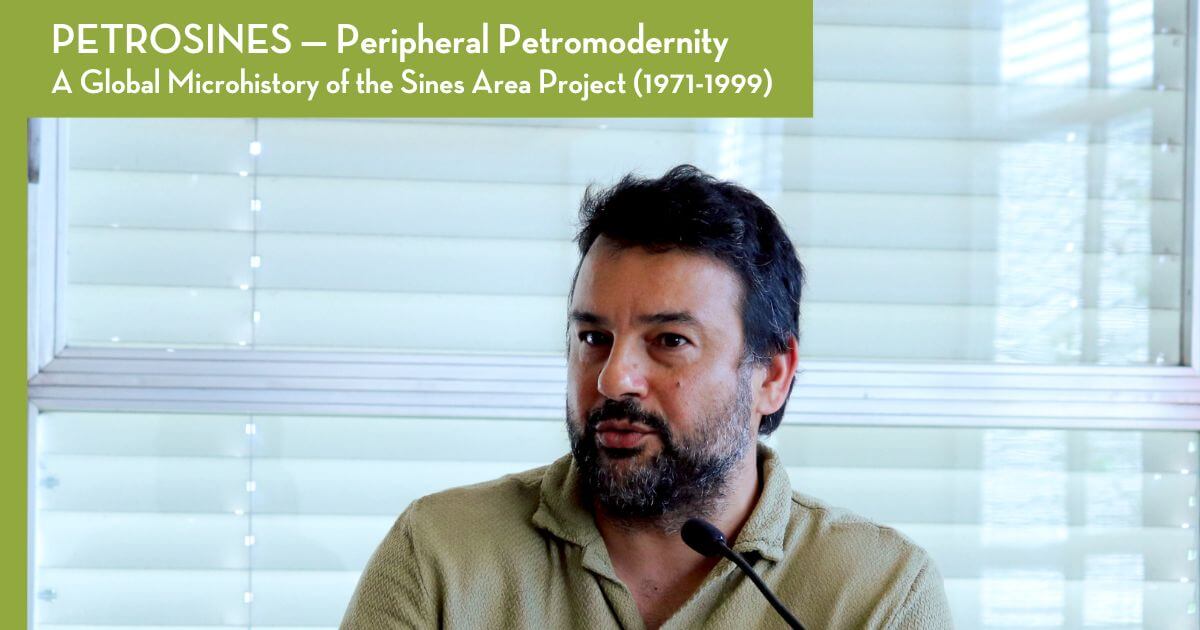 O projecto PETROSINES foi um dos seis projectos de História que receberam financiamento da FCT
O projecto PETROSINES foi um dos seis projectos de História que receberam financiamento da FCT -
 Comunicado da equipa do projecto FILMASPORA
Comunicado da equipa do projecto FILMASPORA -
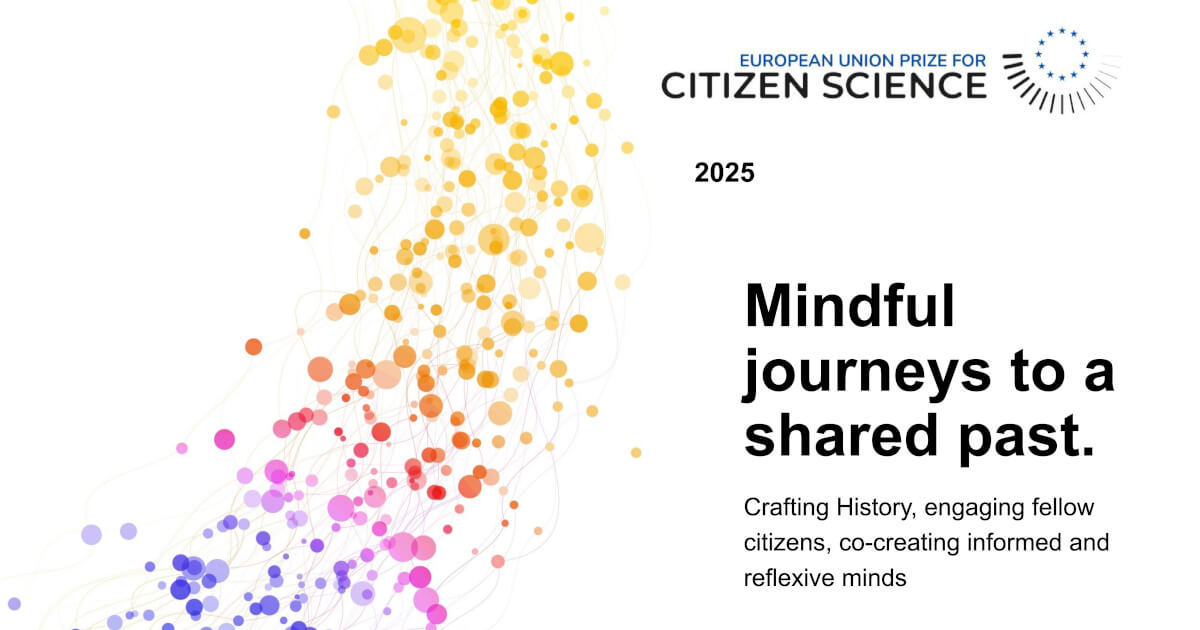 A candidatura do VINCULUM recebeu uma Menção Honrosa do Prémio da União Europeia para a Ciência Cidadã 2025
A candidatura do VINCULUM recebeu uma Menção Honrosa do Prémio da União Europeia para a Ciência Cidadã 2025 -
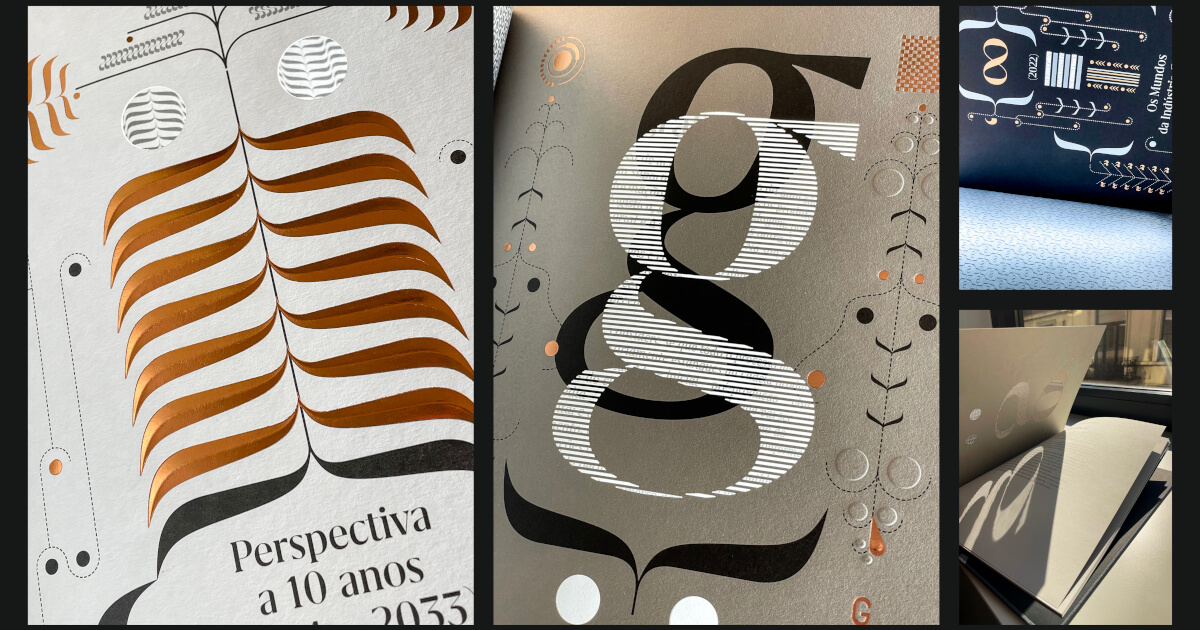 A obra sobre a história da indústria gráfica nacional foi galardoada com o prémio de Ouro na categoria Design...
A obra sobre a história da indústria gráfica nacional foi galardoada com o prémio de Ouro na categoria Design... -
 O artigo de Quintino Lopes, Francisco de Lacerda e Ana Simões, foi o vencedor da edição 2025.
O artigo de Quintino Lopes, Francisco de Lacerda e Ana Simões, foi o vencedor da edição 2025. -
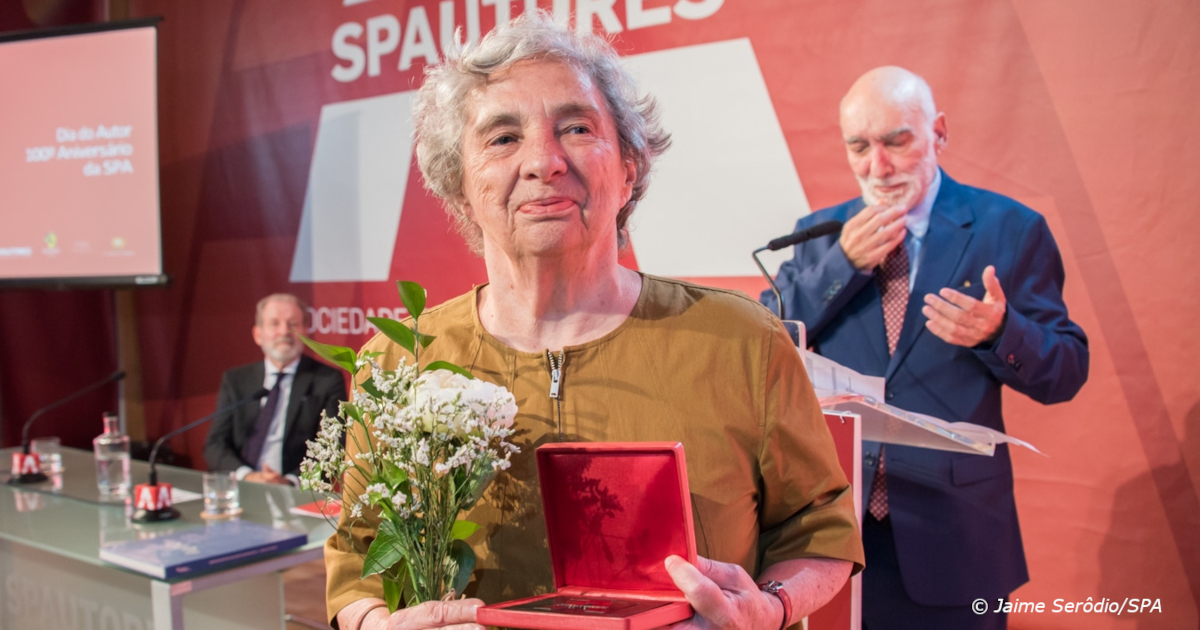 Irene Flunser Pimentel foi uma das personalidades agraciadas “pelo seu contributo notável à cultura”.
Irene Flunser Pimentel foi uma das personalidades agraciadas “pelo seu contributo notável à cultura”. -
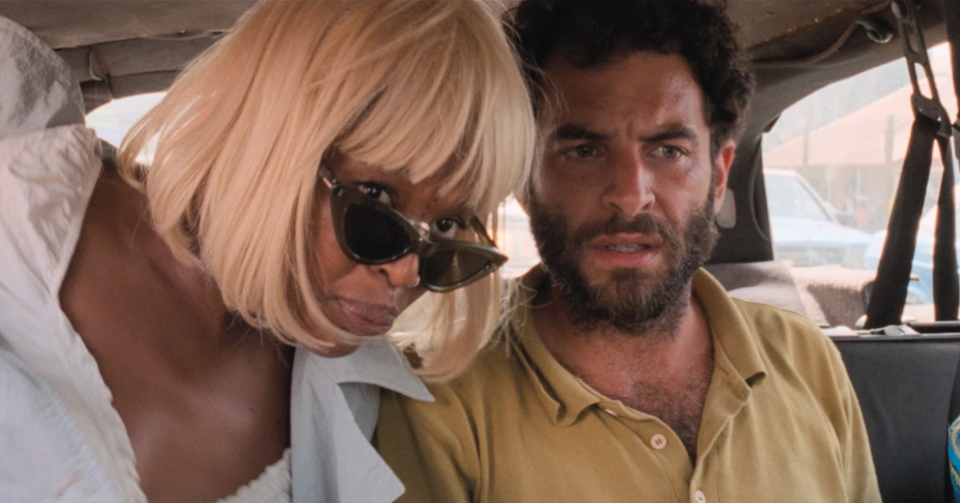 Miguel Carmo e José Filipe Costa foram argumentistas n'“O Riso e a Faca”
Miguel Carmo e José Filipe Costa foram argumentistas n'“O Riso e a Faca” -
 Exposição “Angola: Saberes em movimento” no Museu Nacional Frei Manuel do Cenáculo
Exposição “Angola: Saberes em movimento” no Museu Nacional Frei Manuel do Cenáculo -
 A tese foi galardoada com o Prémio Francisco Canais Rocha para estudos sobre o movimento operário
A tese foi galardoada com o Prémio Francisco Canais Rocha para estudos sobre o movimento operário -
 Catarina Laranjeiro e Inês Vieira Gomes são as curadoras da exposição
Catarina Laranjeiro e Inês Vieira Gomes são as curadoras da exposição -
 A longa-metragem de ficção de José Filipe Costa vai estrear no Indie Lisboa
A longa-metragem de ficção de José Filipe Costa vai estrear no Indie Lisboa -
 “Antes de ser independência foi luta de libertação” foi recentemente inaugurada no Museu do Aljube
“Antes de ser independência foi luta de libertação” foi recentemente inaugurada no Museu do Aljube -
 Participou no Fórum da Sociedade Civil sobre o Combate ao Anti-Semitismo
Participou no Fórum da Sociedade Civil sobre o Combate ao Anti-Semitismo -
 Joana Dias Pereira integra o Comité Executivo da IFPH
Joana Dias Pereira integra o Comité Executivo da IFPH -
 SMS — Shared Memories of Solidarity foi seleccionado pela FCT
SMS — Shared Memories of Solidarity foi seleccionado pela FCT -
 Comunidade na plataforma Zenodo, EU Open Research Repository e conjunto livros na OAPEN
Comunidade na plataforma Zenodo, EU Open Research Repository e conjunto livros na OAPEN -
 Iniciativa de museologia colaborativa com Kanawayuri Marcello Kamaiurá e Auakamu Kamayurá
Iniciativa de museologia colaborativa com Kanawayuri Marcello Kamaiurá e Auakamu Kamayurá -
 Eça de Queirós no Egipto e a Abertura do Canal de Suez
Eça de Queirós no Egipto e a Abertura do Canal de Suez -
 Conferência e exposição no Museu Municipal Santos Rocha
Conferência e exposição no Museu Municipal Santos Rocha
Pesquisa
Oportunidades
Contratos de Pós-Doutoramento Marie Skłodowska-Curie
Prazo (IHC): 1 Junho 2025
Bolsa de Investigação Pós-Doutoral — SMS
Prazo: 25 Agosto 2025
Notícias
Manuel Loff recebe Medalha de Mérito do Porto
Jul 14, 2025
Foi uma das personalidades homenageadas pela Câmara Municipal do Porto
Ricardo Noronha lidera equipa que vai estudar ‘petromodernidade’
Jul 7, 2025
O projecto PETROSINES foi um dos seis projectos de História que receberam financiamento da FCT
Comunicado sobre as Demolições no Bairro de Santa Filomena
Jul 3, 2025
Comunicado da equipa do projecto FILMASPORA




